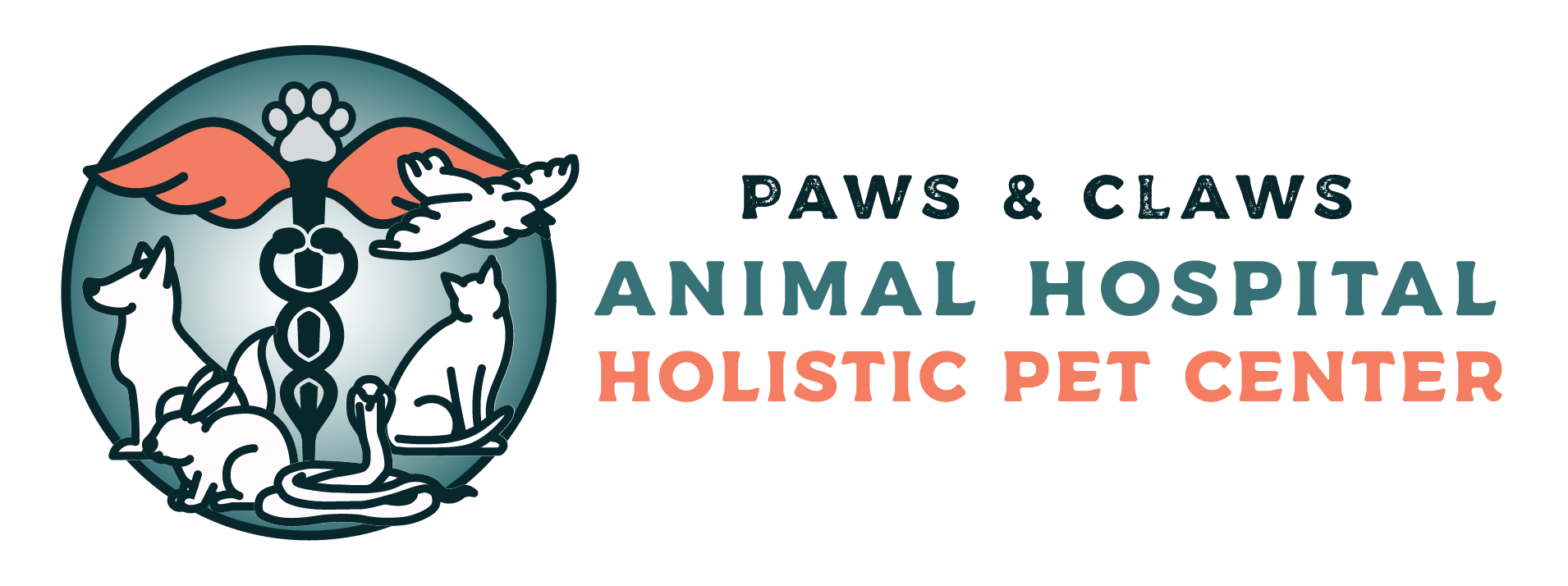Antioxidants are one of the most common classes of nutritional supplements prescribed by veterinarians to help prevent and treat disease. Let’s take a closer look at how they work.
Certain supplements, including vitamins and minerals, reduce oxidation in the body. Oxidation is a chemical process that occurs within the cells as a normal result of metabolism, detoxification, and energy production. After oxidation occurs, certain by-products called “free radicals” or Reactive Oxygen Species (ROS) are formed. Examples of free radicals include nitric oxide, superoxide, lipid peroxide, and hydrogen peroxide.
Free radicals are toxic to cells and surrounding tissues. They can damage cells by damaging membrane receptor proteins, inactivating proteins required for energy production by the body, and inactivating enzymes required for normal cellular metabolism.
Many medical conditions can occur as a result of free radical damage. Cancer, atherosclerosis, autoimmune diseases, diabetic cataracts, inflammatory bowel disease, nutrient deficiencies, premature aging, and viral infections can all be linked to free radical damage.
Enter Antioxidants
The body removes free radicals by producing additional substances called antioxidants that combat the oxidizing chemicals. Antioxidants neutralize oxidants, preventing or limiting cell damage.
Some antioxidants are produced by the body on a regular basis, while others can be provided in the diet or through supplementation. Examples of naturally-occurring antioxidants in the body include superoxide dismutase, catalase, various peroxidases, glutathione, coenzyme Q-10, alpha-lipoic acid, and melatonin.
- Superoxide dismutase breaks down the superoxide free radical into hydrogen peroxide, which is then broken down into water with the help of the antioxidant catalase.
- Peroxidases break down various peroxides.
- Glutathione is an extremely important antioxidant. It serves as a general detoxifying agent and regulates the internal environment of cells. Low levels of glutathione have been linked with immune deficiency syndromes and increased side effects from chemotherapy.
- Coenzyme Q-10 is a powerful fat-soluble antioxidant that also carries electrons in the formation of cellular energy. Supplementing with additional coenzyme Q-10 is very useful for animals with heart disease, cancer, and gum disease.
- Alpha-lipoic acid scavenges several free radicals and helps to regenerate other antioxidants including ascorbic acid, glutathione, and vitamin E.
- Melatonin not only regulates the body’s biorhythms and sleep patterns but may help reduce the oxidative damage that occurs with aging, especially in the central nervous system and in diseases such as Alzheimer’s disease (cognitive disorder.)
When to Supplement
In diseased or older animals, excess oxidation can occur which means the body’s normal antioxidant abilities are overwhelmed. This is where supplemental antioxidants can help. By giving your companion’s body extra antioxidants, it may be possible to neutralize the harmful by-products of cellular oxidation.
Several antioxidants can be used. They include vitamins A, C, and E; the minerals selenium, manganese, and zinc; and antioxidant nutritional supplements such as superoxide dismutase, glutathione, coenzyme Q-10, ginkgo Biloba, bilberry, grape seed extract, milk thistle, and various flavonoids called proanthocyanidins.
Proanthocyanidins/bioflavonoids are a class of naturally-occurring, water-soluble polyphenolic compounds that are found in plants. These compounds have antioxidant effects against lipid (fat) peroxidation. Proanthocyanidins also inhibit the enzyme cyclooxygenase (the same enzyme inhibited by aspirin and other non-steroidal medications). Cyclooxygenase converts arachidonic acid into leukotrienes and prostaglandins, chemicals that contribute to inflammation and allergic reactions. Proanthocyanidins also decrease histamine release from cells by inhibiting several other enzymes.
Inflammation
Inflammation in the body is a major source of free radical production. Environmental toxins that cause cell damage are another. In addition to maintaining health and supporting the immune system, antioxidants are often recommended for various inflammatory conditions such as heart, kidney, and liver diseases, cancer, tooth and gum disease, allergies, asthma, and arthritis.
Points to Ponder
Keep the following tips in mind when supplementing your animal with antioxidants.
- Antioxidants, especially vitamins and minerals, are best used synergistically rather than as single dose supplements. As well, the correct dose must be used. For instance, vitamin C and E can actually act as pro-oxidants under certain conditions, and vitamin A can be toxic when given at high levels. Don’t pick and choose vitamins and minerals to add to your animal’s diet without veterinary supervision.
- You should also give an animal the correct form of a supplement. For example, vitamin E and alpha-tocopherol, terms that are often used interchangeably, are not the same thing. Alpha-tocopherol is actually a small part of vitamin E. Several other tocopherols and tocotrienols make up the entire vitamin E complex. Supplementing with a natural vitamin E product that contains mixed tocopherols and tocotrienols is usually better than giving an isolated alpha-tocopherol supplement.
- As with all supplements, it’s best to use high-quality products made for animals unless otherwise directed by your veterinarian. While there are regulations governing the quality, efficacy, and safety of supplements, these are often not enforced and some products may not be safe or effective for your animal.
- “Natural” does not necessarily mean “safe”. There is always the possibility of a supplement negatively interacting with another supplement or medication. It is best to consult with your veterinarian before using antioxidant supplements in the treatment of any disease, particularly if he is already taking something for it.
When used correctly, antioxidants can make a wonderful addition to your companion’s supplement regimen. As with all supplements, however, there’s the potential for doing harm if you’re not careful. Properly chosen antioxidants, used along with a natural diet and other nutritional supplements, herbs, and homeopathic remedies, can assist in treating many diseases and maintaining good health in your dog or cat.

